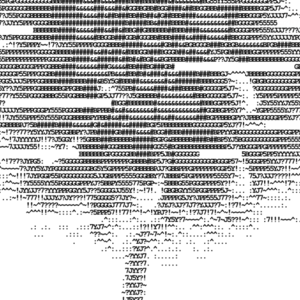
Noam Chomsky: The False Promise of ChatGPT
- Article
- Mar 8, 2023
- #ArtificialIntelligence #Philosophy
Jorge Luis Borges once wrote that to live in a time of great peril and promise is to experience both tragedy and comedy, with “the imminence of a revelation” in understanding oursel...
Show More